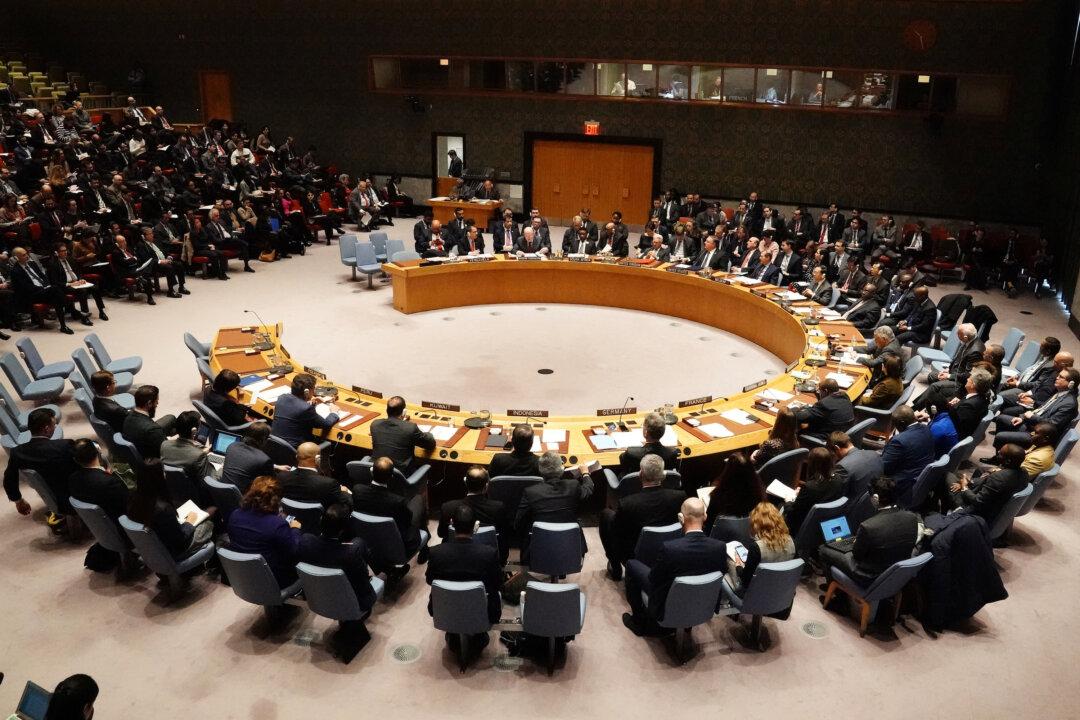UNITED NATIONS—The United Nations Security Council unanimously agreed on Sept. 17 to extend a U.N. political mission in Afghanistan after last-minute talks overcame a Chinese threat to veto if there was no reference to Beijing’s global One Belt, One Road infrastructure project.
The final language—drafted by Germany and Indonesia—adopted by the 15-member council does not mention the project.





